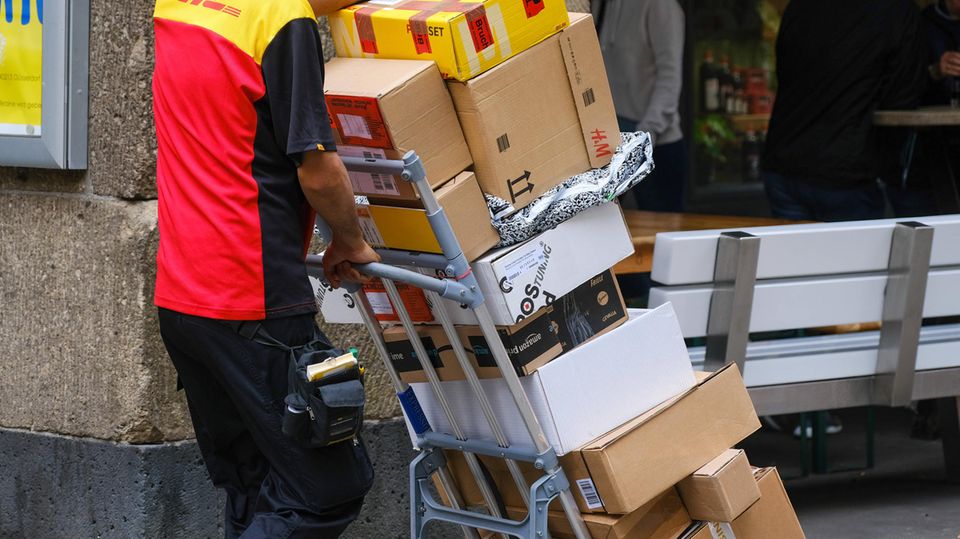Online shopping
Black Friday is coming: How to recognize fraudulent fake shops
Good deals on Black Friday are not uncommon – but you shouldn’t just start buying blindly.
© MTStock Studio
It’s almost that time again – Black Friday is just around the corner and many online shoppers are looking for offers and bargains. Unfortunately, fraudsters and fake shops also use the opportunity to trap inexperienced buyers.
First of all: Just because you can’t save yourself from all the Black Friday advertising doesn’t mean you necessarily have to buy something. But even if the quality of the deals has seemingly decreased somewhat in recent years because every online shop and retailer, no matter how small, advertises discounts, there is no denying that you can save money in the last days of November. To ensure that this goes smoothly, you should prepare yourself for bargain hunting.
The best thing to do if you are looking for a special offer is here star already described in detail last year (find out more here).
But apart from offers that are ultimately not offers, there is a completely different danger that can particularly affect those who are specifically looking for a rather rare product on the Internet.
How to recognize fake shops on Black Friday
So-called fake shops are particularly popular during bargain weeks. These are online shops that look deceptively real at first glance, but are revealed by certain details.
For laypeople, the scam works so well because products that are no longer available elsewhere can often be found using search engines like Google with just one click – and are of course advertised as being in stock. Since the price is usually noticeably, but not too much, lower than the competition, an impulse to buy is quickly triggered. For an initial assessment you can Fake shop finder the consumer advice centers help.
When it comes to unknown online shops, you should take a quick breath and check the website for the following features:
- Fake shops tend to provide very little contact information on their websites. If it is difficult to find out who is behind the shop or how to contact customer service, it could be a fake shop.
- The store’s website may be incorrect, incomplete or poorly translated. It may also be that images of inferior quality are used or the website has a generally dubious appearance.
- All reputable shops are obliged to provide an imprint on their website. However, if a shop does not contain this important legal document, it indicates a dubious business practice.
- Fake shops often have no reviews or only fake reviews that are easy to spot. If an online store is new and does not have customer reviews on its website or social media, be careful.
- If an online shop offers products at extremely low prices, you should pay attention. Some fake shops offer unrealistic prices to deceive their victims. Or they go the other way and undercut other shops by just a few euros. If the offer overall seems too good to be true, caution is advised.
- Which payment methods are offered? If an online shop insists on bank transfers or only offers the entry of credit card details, you should be skeptical. In such cases the money is usually gone without the goods arriving. Or the credit card is misused for fraudulent purposes elsewhere.
Competitions, apps and vouchers for Black Friday
Another practice is fraud with tempting voucher codes and competitions. The perpetrators know that the desire to save a lot of money on days like Black Friday can be blinding. According to experts, it has already happened that downloads of malware and viruses have been hidden behind supposedly particularly worthwhile voucher codes. Only trust well-known platforms here.
The same applies to competitions – under no circumstances enter your data, especially bank or credit card details, on websites that you are not familiar with.
The same warning also applies to apps, especially from the Google Play Store, which present themselves as information services for particularly great discounts, but are ultimately only aimed at data on the smartphone. Finally, you should ignore classic SMS or WhatsApp messages that come from external sources and request information regarding an online purchase. Of course, this increases around Black Friday, as the hit rate is higher than usual when you ask people about recent purchases.





